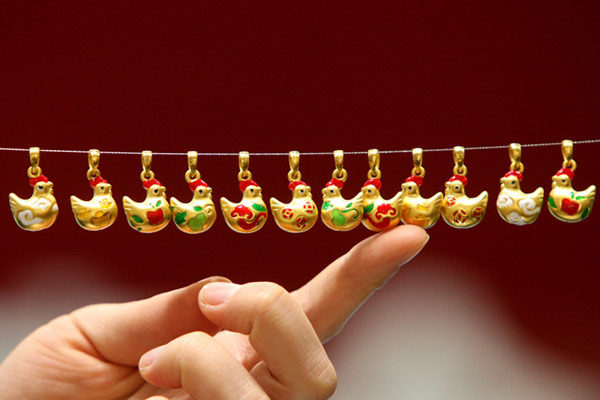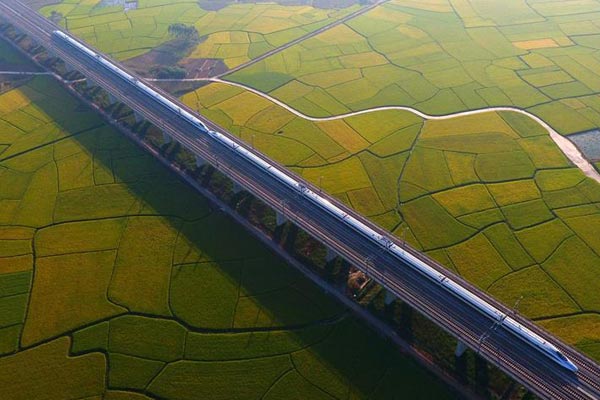Surrogate country system 'harms all'
Trade experts warned on Tuesday that a continuation of the surrogate country system in anti-dumping investigations by the European Union and the United States against China would damage interests of all the three parties in the long run and cost a huge amount of legal resources.
The comments came after China notified the Secretariat of the World Trade Organization on Monday that it had requested dispute consultations with the US and the EU regarding special calculation methodologies in anti-dumping proceedings.
"Every member must honor its international obligations, and the US and the EU are no exception," said Xue Rongjiu, deputy director of the Beijing-based China Society for WTO Studies.
The surrogate country approach expires on Dec 11, 2016, according to Article 15 of the accession protocol signed when China joined the WTO in 2001.
Under WTO rules, the request for consultation initiates a dispute in the WTO. Consultations give the parties an opportunity to discuss the matter and find a satisfactory solution without proceeding further with litigation. The discussion meeting will be held on a one-to-one basis.
After 60 days, if the consultations, which are usually held in Geneva, fail to resolve the dispute, the complainant may request adjudication by a panel selected by the WTO. The defendant party has the right to challenge the panel's ruling within a year.
Under such circumstances, a final adjudication will be made by a WTO committee within 90 days. The WTO will give 15 months to the defendant to carry out the final order. If the defendant does not follow the final decision within this period, the suitor party could apply trade retaliation measures, according to the website of the WTO.
China imported $1.88 trillion of goods from the EU between January and November this year. The US, in the meantime, also shipped $1.19 trillion of goods to the Chinese market, data from the General Administration of Customs showed.
"A trade war would certainly harm all of us because it would change the method for determining a fair price," said Bai Ming, a researcher at the Chinese Academy of International Trade and Economic Cooperation, the think tank of the Ministry of Commerce.
- EU fails to quit "analogue country" practice on China as required by WTO
- Experts: Lower barriers for foreign auto companies to make domestic firms competitive
- China files WTO dispute case over surrogate country
- 15 years in WTO, China now standing as standard-bearer of globalization
- Refusal to drop surrogate country approach puts trade ties at risk






















